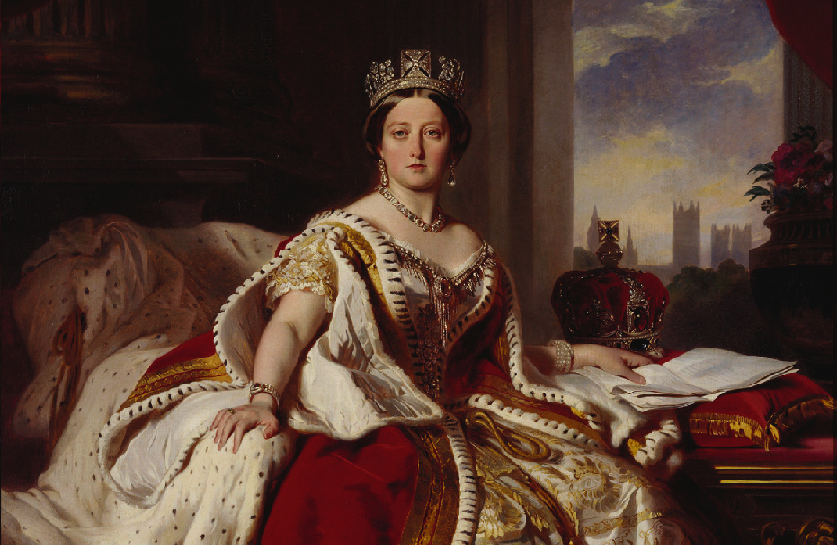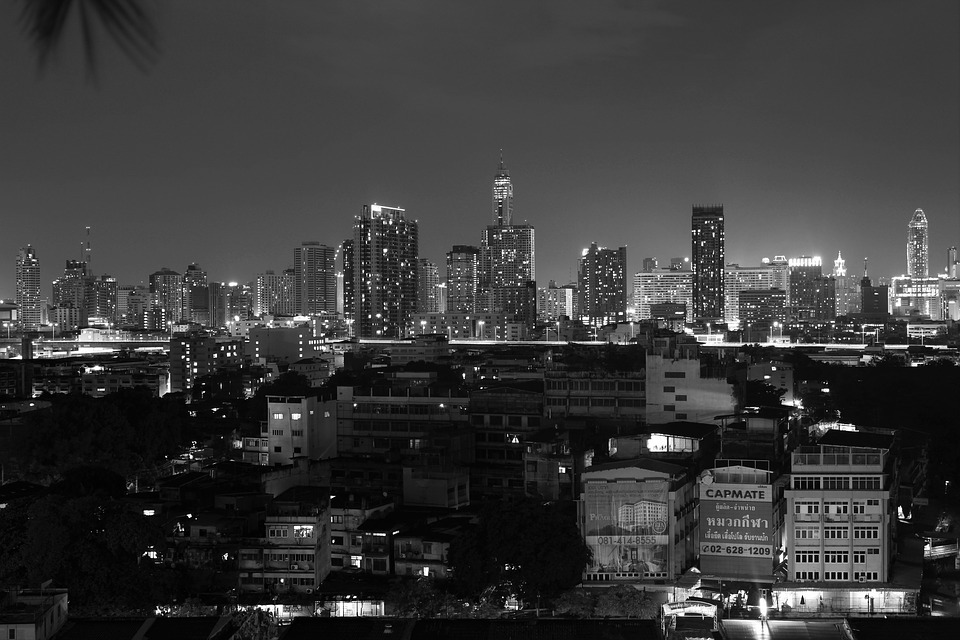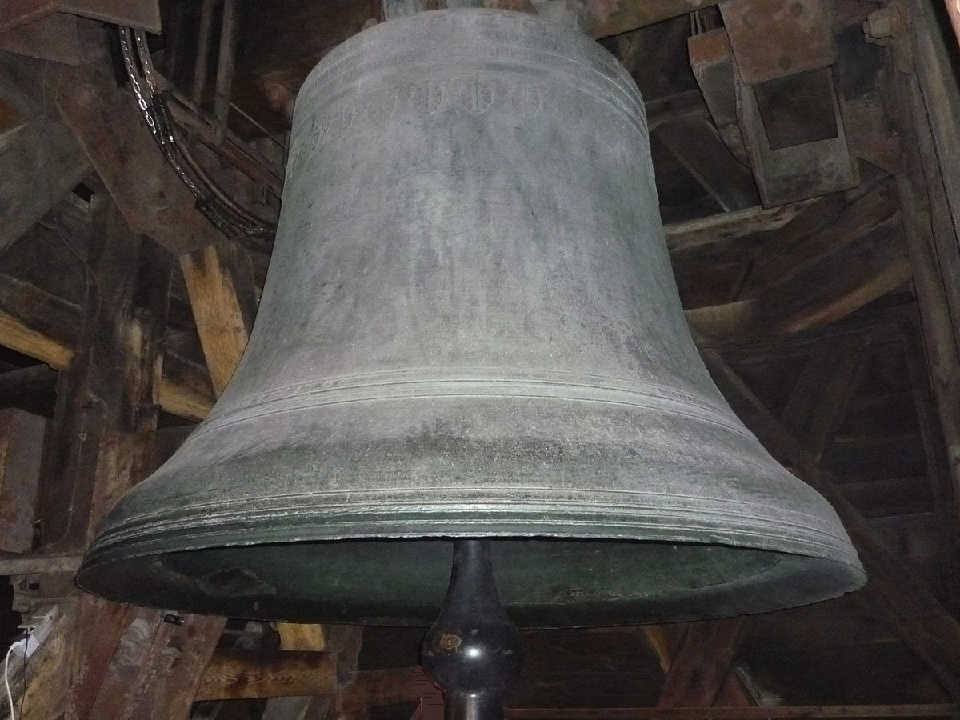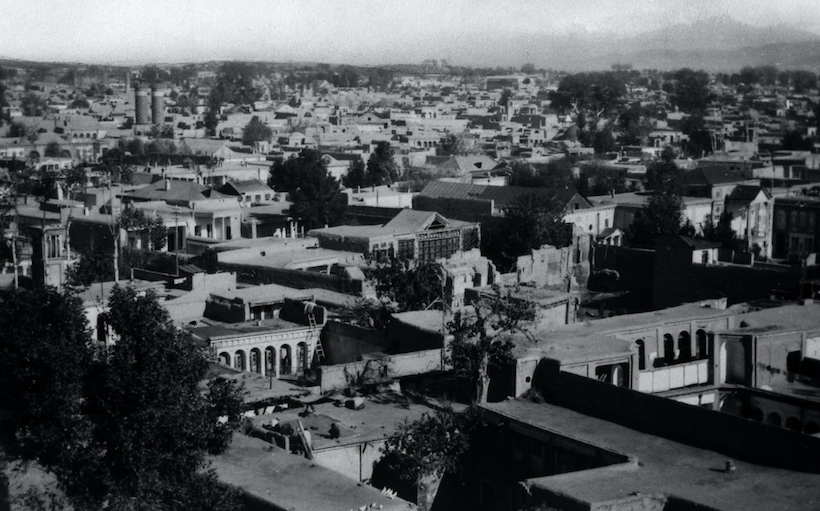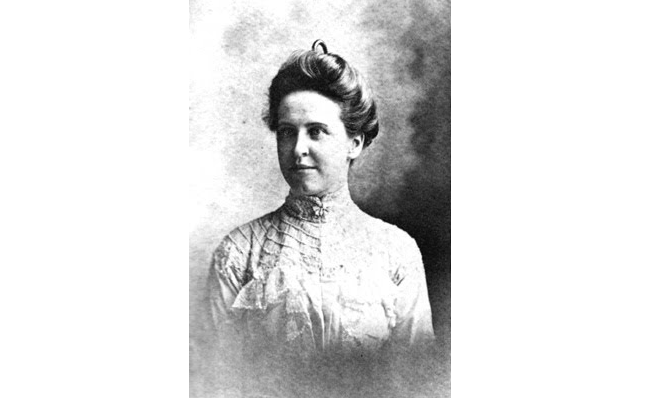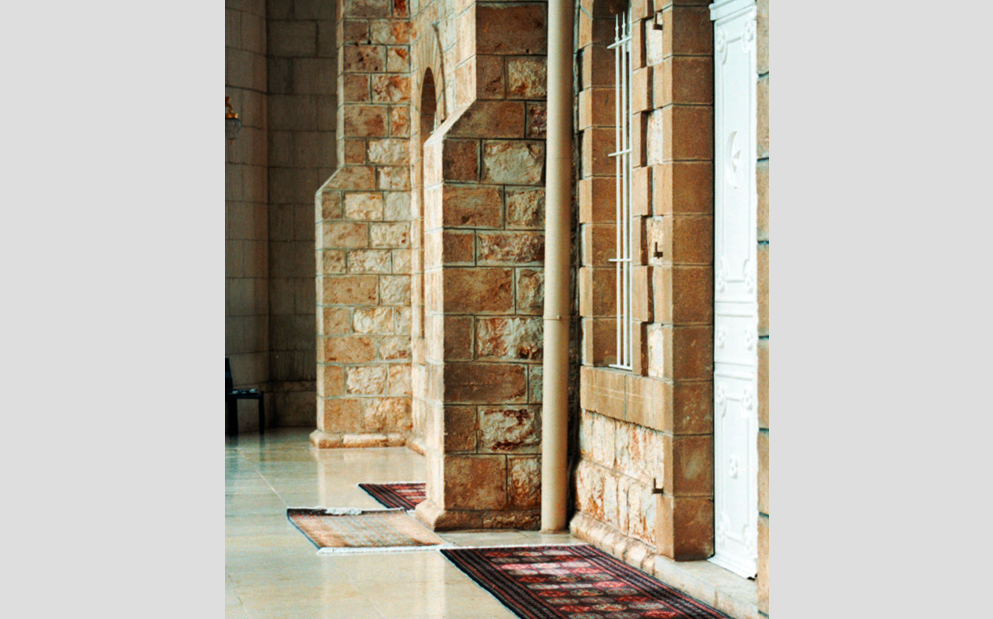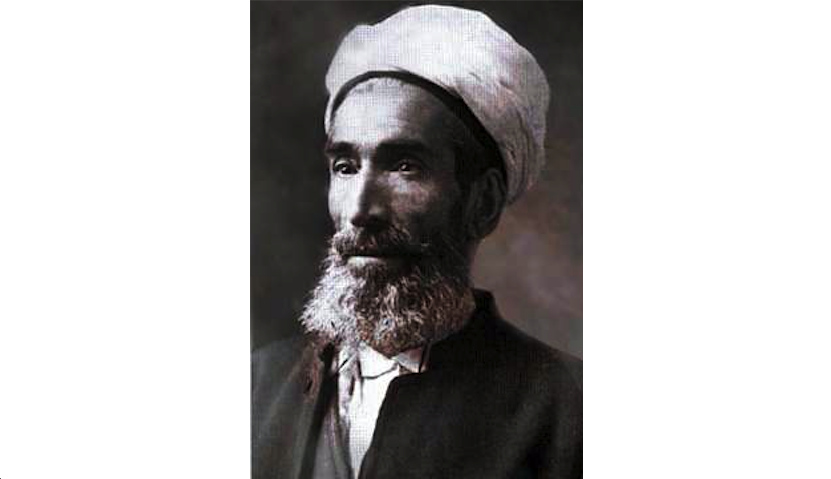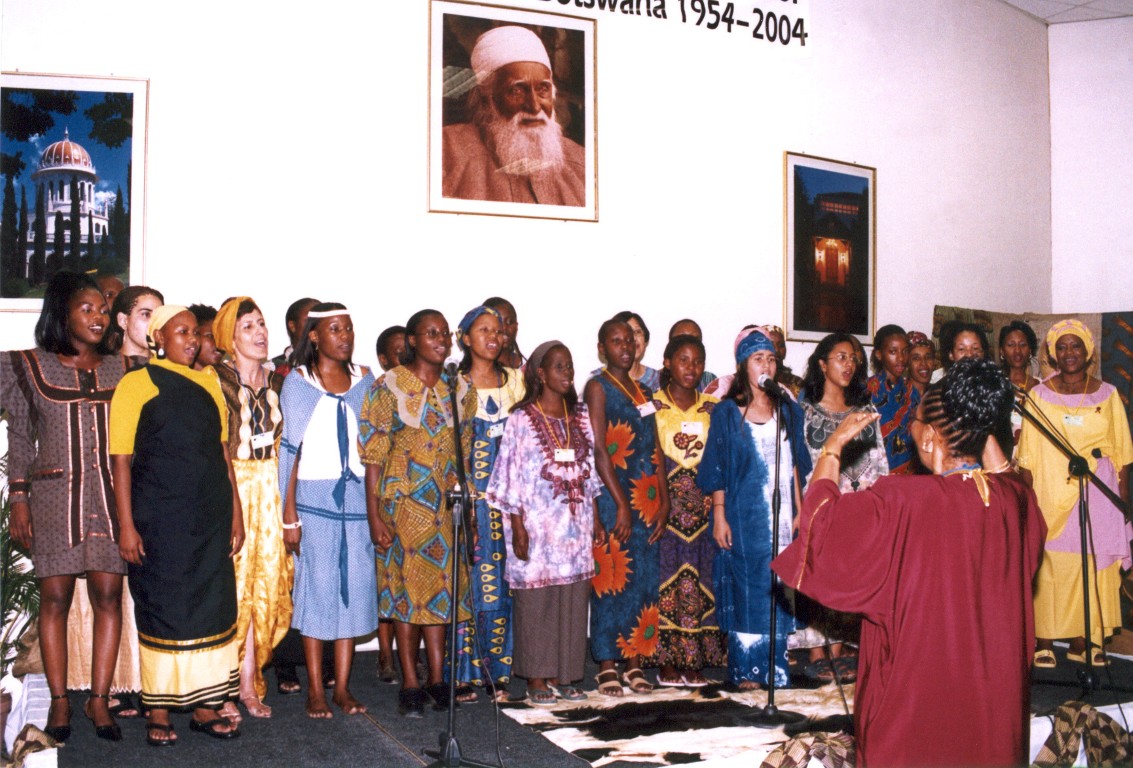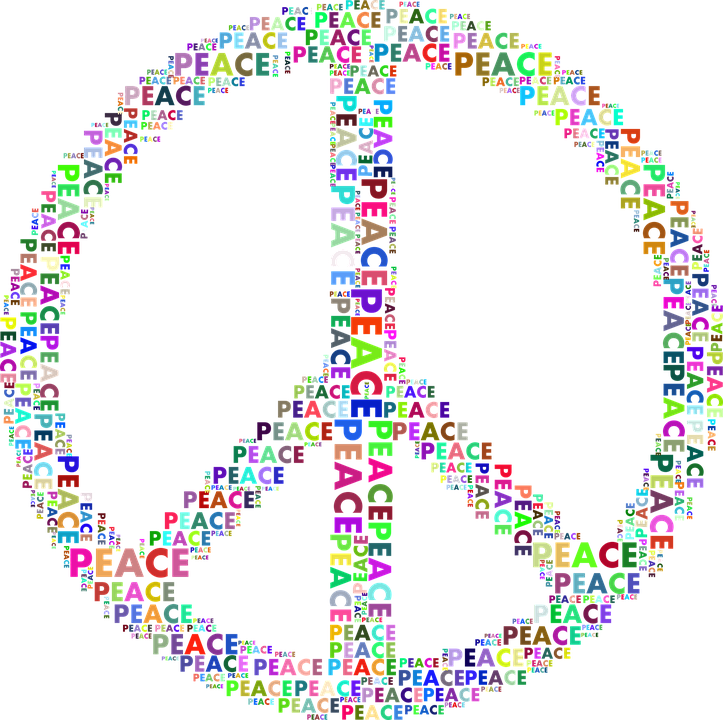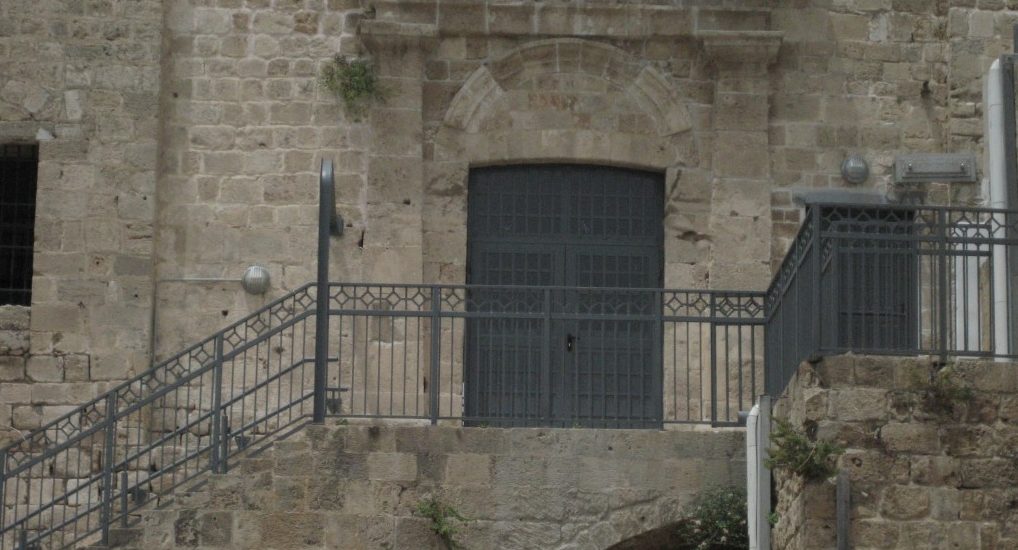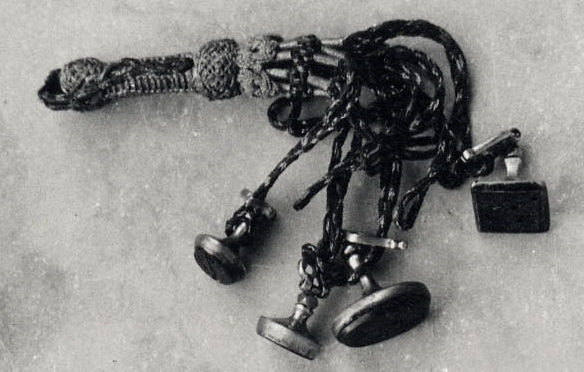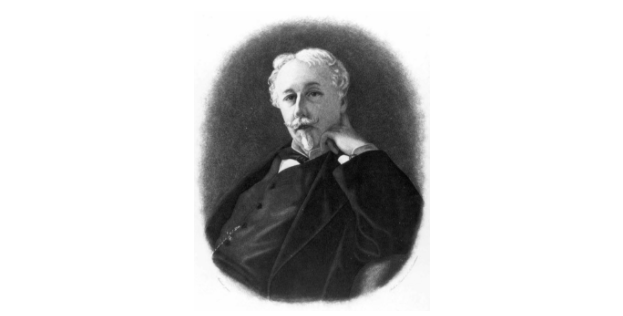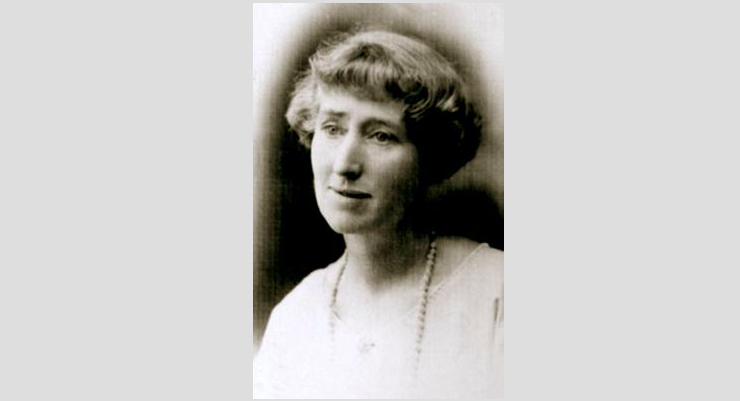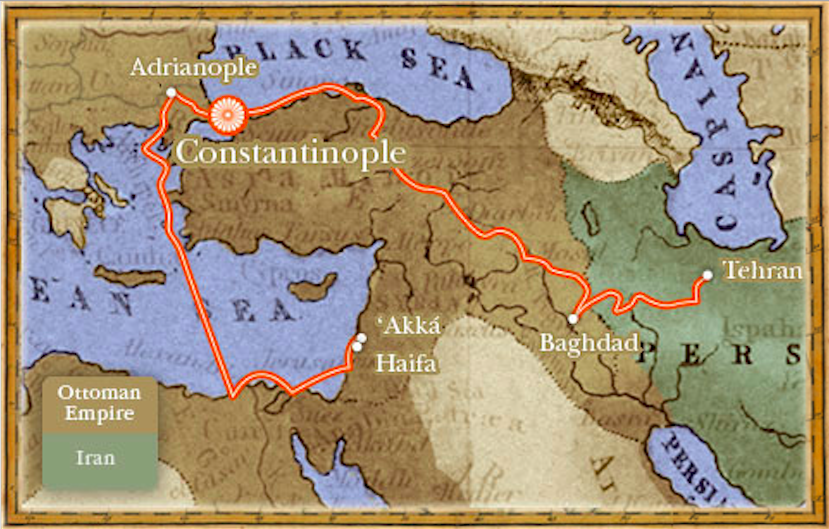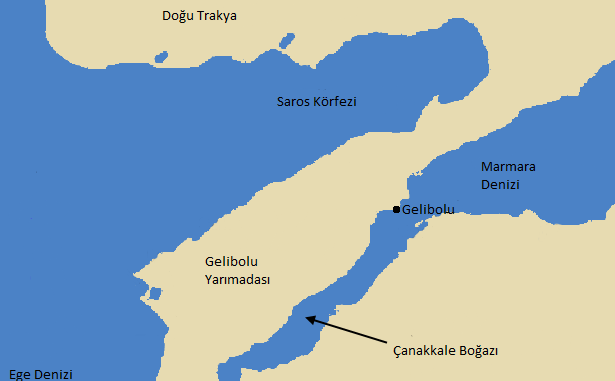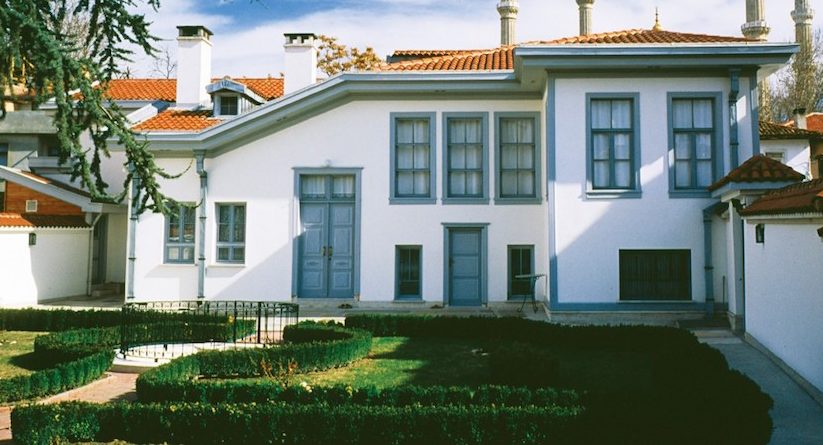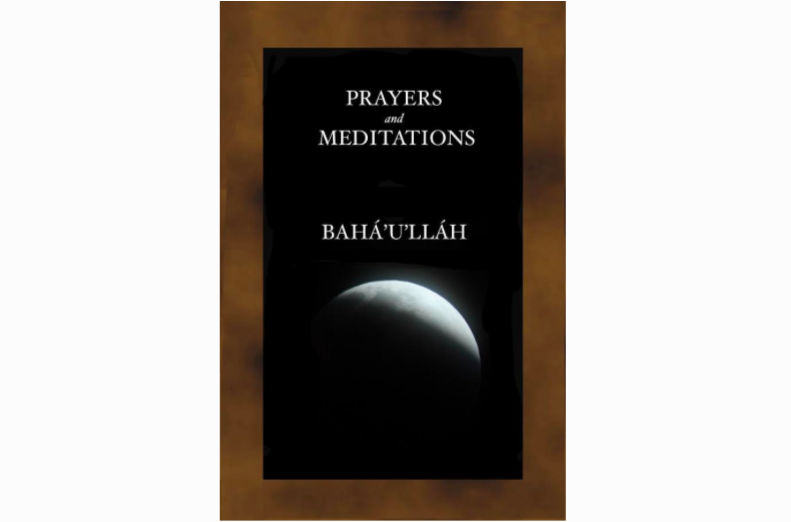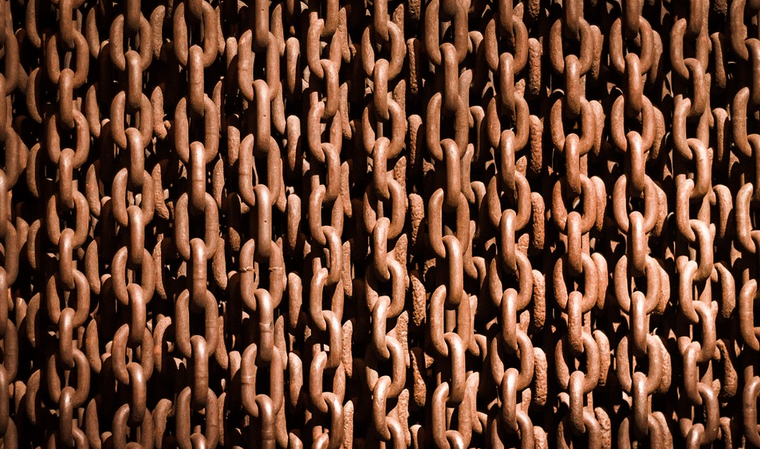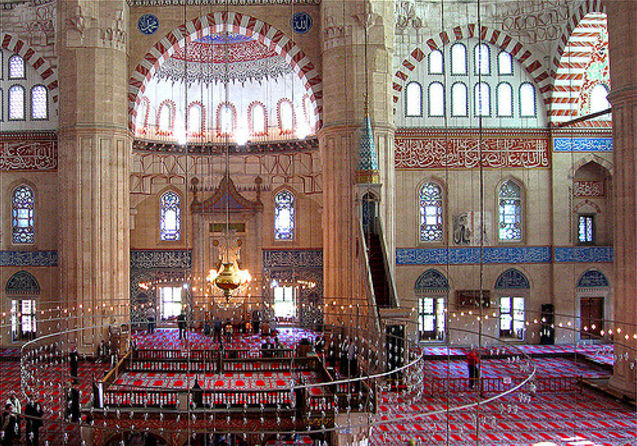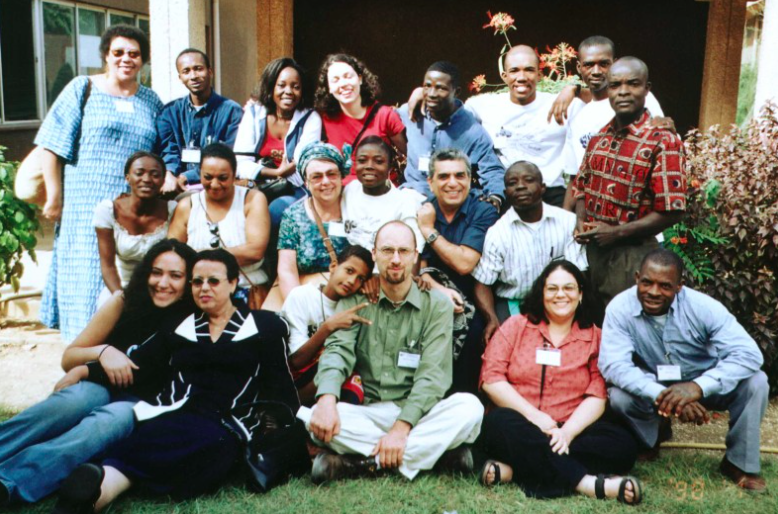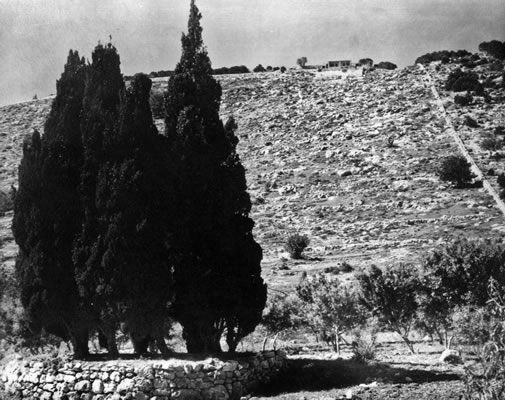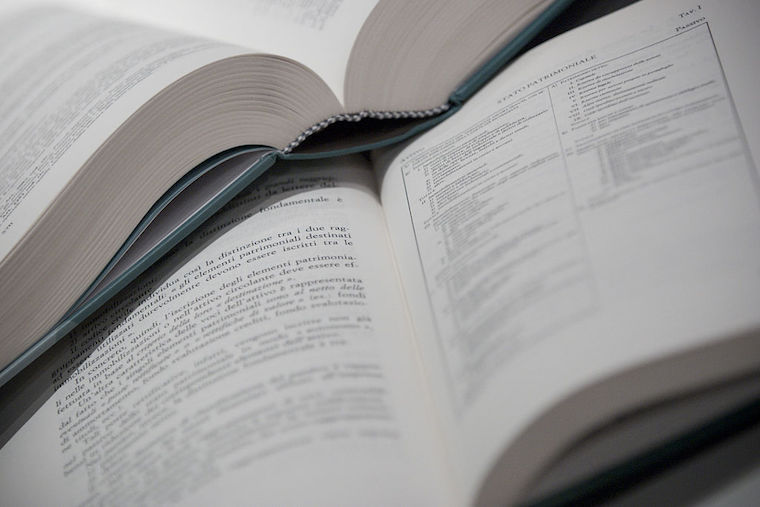-
Bahá’u’lláh’s letter to Queen Victoria: Reform the World
Of all the sovereigns who received letters from Bahá’u’lláh, the only one who is recorded to have responded thoughtfully was Queen Victoria. She is reported to have said, “If this is of God it will endure; if not, it can do no harm.” Bahá’u’lláh’s letter to her was written around 1868, after his arrival in Akka, and is one of the letters that Baha’u’llah compiled together with the Suriy-i-Haykal (the Tablet of the Temple). In Bahá’u’lláh’s words to Queen Victoria we see another unfolding dimension of Bahá’u’lláh’s mission and teachings. As in letters to the other sovereigns to whom he wrote, Bahá’u’lláh explicitly sets out the purpose of his mission: to “quicken…
-
Bahá’u’lláh’s Second Letter to Napoleon III: A New Way of Life
Bahá’u’lláh’s second letter announcing to Napoleon III his mission, is multilayered. It was written not long after Bahá’u’lláh arrived in the prison city of Akka. As we read it, it is easy to forget that these are the words of a persecuted prisoner of an absolute monarch. He Who is the Unconstrained is come, in the clouds of light, that He may quicken the world with the breezes of His name, the Most Merciful, and unite its peoples, and gather all men around this Table which hath been sent down from heaven.[1] The tragedy was that the Emperor could not hear and his fate hung by a thread. He had…
-
Lua’s Last Journey
Lua Getsinger is a household name among Baha’is. She was among the first Western Baha’is to visit Abdu’l Baha and when he met her said to her “I have given you the power to speak and have loosened your tongue” and indeed she was to go on to become a great teacher of the Baha’i Faith. She travelled to India to support the teaching work there. When Abdu’l Baha was in America he entrusted her with travelling to California ahead of him to arrange his speaking engagements. She was sent by him to deliver a message to the Shah of Persia who was visiting Paris, to implore him to end…
-
Mirza Abu’l Fadl – the Man Who Would Not Believe
Mirza Abu’l Fadl of Gulpaygan is remembered as one of the greatest scholars of the Baha’i Faith and he lived in the time of Bahá’u’lláh and Abdu’l Baha. Abdu’l Baha would mention his works – for example his treatise, The Brilliant Proof, responding to Christian preacher in London and he recommended reading Mirza Abu’l Fadl’s writings as a way of learning about the Baha’i Faith.[1][2] Mirza Abu’l Fadl wrote many works about the Baha’i teachings. He is buried next to another great Baha’i, Lua Getsinger. One of the exterior doors of the Shrine of the Bab is named after him. The stories of how people become Baha’is are often beautiful and the…
-
Arrival in the Prison of Akka: Abdu’l Baha
Abdu’l Baha, Bahá’u’lláh’s eldest son, is held up as the best example of what a Baha’i life can be. Most of us struggle to exemplify even occasionally the virtues that were evident in Abdul Baha’s life. Nonetheless, reflection on his life gives us a standard for which to strive, and many stories are told about him. Among those stories, as told by his sister Bahiyyih Khanum, are the first days in the prison of Akka. Initially, conditions were extremely harsh and Baha’u’llah and his followers were confined to the barracks (which were a prison within a prison). As we have seen, in Adrianople, the people, who had come to know Bahá’u’lláh,…
-
Bahá’u’lláh defines his mission and teaches about the soul
When Bahá’u’lláh had arrived in Gallipoli, on his way to exile in Akka, we have already seen that he predicted the consequences that would arise from the exile. In, the same letter (the Suriy-i-Rais – the Tablet to the Chief Vizier of the Ottoman Sultan), Bahá’u’lláh also takes time to make clear what the purpose of his mission was. This Youth hath come to quicken the world and unite all its peoples. The day is approaching when that which God hath purposed will have prevailed and thou shalt behold the earth transformed into the all-glorious paradise.[1] Bahá’u’lláh not only states that his purpose is the quicken and unify mankind –…
-
When the World Changed: Gallipoli and the Chief Vizier
The future is hardly ever what we expect it to be. It almost always surprises us. This is proof enough that in any point of time, although we often write history as if it was inevitable, many possible futures stretch out before us. Sometimes there are pivot points in history when things change profoundly from what came before — or from what they might have been. When Baha’u’llah sent his message to the kings – the Suriy-i-Muluk — he warned them that their actions had the power to change the future. If ye pay no heed unto the counsels which, in peerless and unequivocal language, We have revealed in this…
-
And the People Wept …
Events moved quickly following the issue of the order for Bahá’u’lláh’s exile from Adrianople and perpetual imprisonment in Akka. Bahá’u’lláh and his followers lived together in a house in Adrianople. One morning they awoke to find that their home had been surrounded by soldiers of the Sultan. Guards were posted and Bahá’u’lláh and his followers were told to prepare for exile. Bahá’u’lláh’s fame was already considerable. As the news spread, consuls of foreign governments in the city wrote with offers of assistance, for which Bahá’u’lláh expressed thanks but which he declined. The Governor of Adrianople, who was an admirer of Bahá’u’lláh, had written objecting to the government’s mistreatment of Bahá’u’lláh…
-
Poisonous Envy
The spiritual world which continually surrounds us, but of which we are only dimly aware, has its own natural laws, so to speak. Among these are laws governing the ways in which the human soul interacts with that world. For some souls, close proximity with the spiritual world draws out the best in them, for a few it draws out the worst. Abdu’l Baha alluded to these patterns in talks he gave over dinner to visiting western pilgrims. In short, that human beings may choose to rise to angelic heights or plunge to demonic behaviours. Consider, likewise, the differences that exist among the members of the human race. Christ was in…
